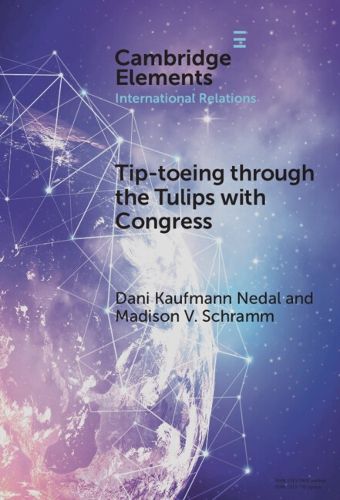Readings Newsletter
Become a Readings Member to make your shopping experience even easier.
Sign in or sign up for free!
You’re not far away from qualifying for FREE standard shipping within Australia
You’ve qualified for FREE standard shipping within Australia
The cart is loading…






Over the years, the US has intervened covertly in many countries to remove dictators, subvert elected leaders, and support coups. Explanations for this focus on characteristics of target countries or strategic incentives to pursue regime change. This Element provides an account of domestic political factors constraining US presidents' authorization of covert foreign-imposed regime change operations (FIRCs), arguing that congressional attention to covert action alters the Executive's calculus by increasing the political costs associated with this secretive policy instrument. It shows that congressional attention is the result of institutional battles over abuses of executive authority and has a significant constraining effect independent of codified rules and partisan disputes. These propositions are tested using content analysis of the Congressional Record, statistical analysis of Cold War covert FIRCs, and causal-process evidence relating to covert interventions in Chile, Angola, Central America, Afghanistan, etc.
$9.00 standard shipping within Australia
FREE standard shipping within Australia for orders over $100.00
Express & International shipping calculated at checkout
Over the years, the US has intervened covertly in many countries to remove dictators, subvert elected leaders, and support coups. Explanations for this focus on characteristics of target countries or strategic incentives to pursue regime change. This Element provides an account of domestic political factors constraining US presidents' authorization of covert foreign-imposed regime change operations (FIRCs), arguing that congressional attention to covert action alters the Executive's calculus by increasing the political costs associated with this secretive policy instrument. It shows that congressional attention is the result of institutional battles over abuses of executive authority and has a significant constraining effect independent of codified rules and partisan disputes. These propositions are tested using content analysis of the Congressional Record, statistical analysis of Cold War covert FIRCs, and causal-process evidence relating to covert interventions in Chile, Angola, Central America, Afghanistan, etc.